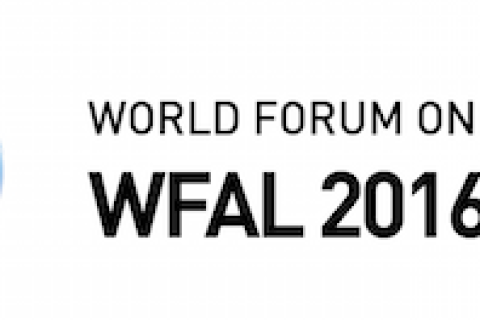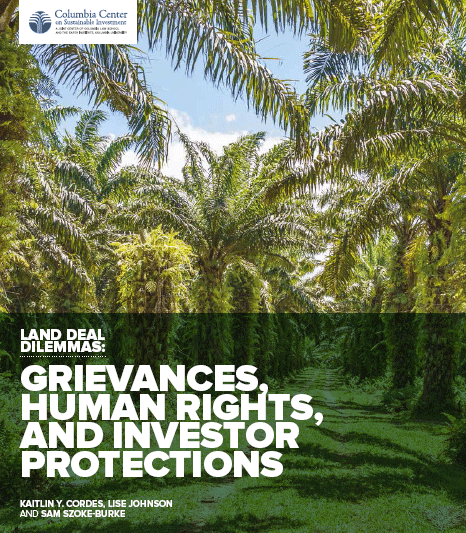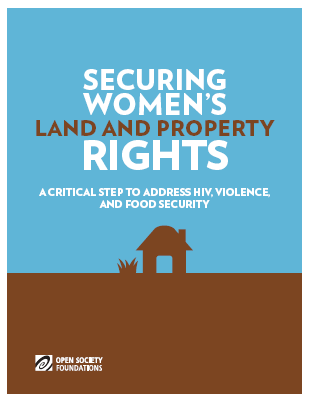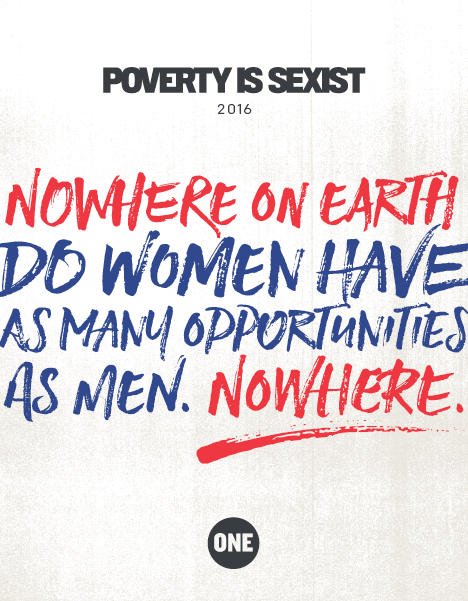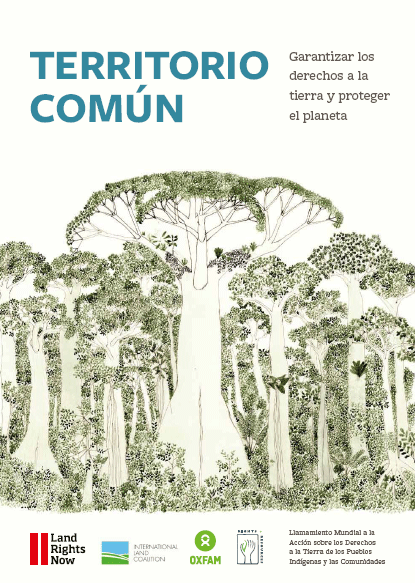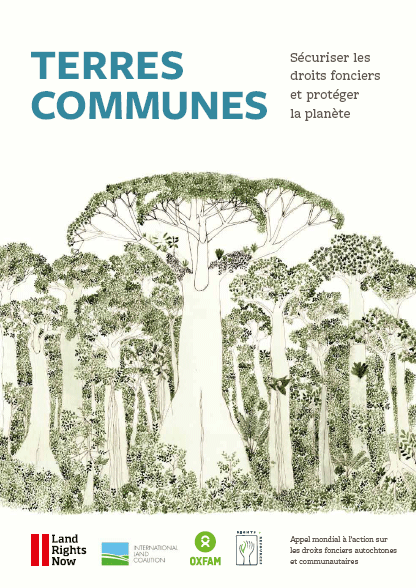
Topics and Regions
Neil Sorensen joined the Land Portal as its Communications Specialist in October 2015. He has extensive experience leading communications for international organizations and developing relationships with civil society, donors, intergovernmental agencies, the media and the private sector. Previously, Neil worked for the International Fund for Agriculture Development (IFAD) as a Governing Bodies Officer and Strategic Adviser to the Secretary of IFAD. He has also led communications for three international organizations, including the International Land Coalition, the International Federation of Agricultural Producers (IFAP) and the International Federation of Organic Agriculture Movements (IFOAM). He holds a Master’s degree in Global Diplomacy from the University of London School of Oriental and African Studies (SOAS) as well as a Bachelor’s degree with a double major in German and Sociology from St. Cloud State University.
Details
Location
Contributions
Displaying 1041 - 1050 of 1156World Forum on Access to Land (WFAL 2016)
The goal of the WFAL 2016 is to organise a world forum in 2016 to address the major issues linked to unequal access to land, natural resources (see The Call).
Myanmar: The dispossessed
By: Michael Peel
Date: March 1st 2016
Source: Financial Times
Michael Peel reports from Myanmar where the end of dictatorship has unleashed a struggle over land.
1. THE LOST FIELDS
Hla Ohn May still weeps when she takes the road past the twisted white piping of the gas terminal near the western Myanmar town of Kyaukphyu. The 46-year-old farmer and mother of five once owned land on this green strip perched above the blue waters of the Bay of Bengal.
Ethiopia: The billionaire’s farm
By: Tom Burgis
Date: March 1st 2016
Source: Financial Times
Across the globe, investors are betting billions on land. Tom Burgis reports from Ethiopia, where a tycoon has planted a vast rice farm in soils tainted by years of conflict.
1, THE HARVEST
Land Grievances, Human Rights, and Investor Protections
The responsible governance of land-based investments hinges not only on ensuring that new investments comply with guidelines and standards, but also that existing investments are conducted responsibly, and that related grievances are adequately addressed. Dealing with existing land-based investments and the grievances that they raise, however, can be difficult for host governments navigating a complicated landscape of legal obligations and pragmatic considerations.
Securing Women’s Land and Property Rights: A Critical Step to Address HIV, Violence, and Food Security
In many parts of the world, women’s rights to land and property are systematically denied. Women have fewer or less secure rights than men, and discriminatory attitudes and practices undermine them. This leaves many women vulnerable, and almost entirely dependent on the men in their lives for basic economic survival.
Dependance on men can lead to entrapment in abusive relationships, less control over sexual relations, and less ability to produce food or secure food.
Making sense of land statistics and gender
New infographic by FAO and PIM on the correct use of land ownership statistics
“Making sense of Land, Statistics and Gender”, a new infographic by the Gender and Land Rights database (GLRD) of the Food and Agriculture Organization of the United Nations (FAO) and CGIAR Research Program on Policies, Institutions, and Markets (PIM) explores the correct use of land ownership statistics (ownership understood in a broad sense beyond individual property rights) and highlights how gender can influence land rights.
Poverty is Sexist 2016
Poverty is sexist. But where in the world is it toughest to be born a girl? The biggest determinants of a girl’s chances in life include her health, nutrition, education, economic opportunities and participation in decision-making.
Territorio Común: Garantizar los derechos a la tierra y proteger el planeta
Las vidas de cerca de 2.500 millones de personas dependen de tierras indígenas y comunitarias, que suponen más del 50% de la tierra del planeta; sin embargo, legalmente sólo son dueñas de una quinta parte. Los 5.000 millones de hectáreas restantes están desprotegidos y son vulnerables al acaparamiento por parte de entidades más poderosas como Gobiernos y empresas.
Terres Communes : Sécuriser les droits fonciers et protéger la planète
Près de 2,5 milliards de personnes dépendent de terres autochtones et communautaires représentant plus de la moitié des terres de la planète ; elles n'en détiennent pourtant légalement qu'un cinquième. Les cinq milliards d'hectares restants ne sont pas protégés et sont donc exposés à l'accaparement des terres par des entités plus puissantes, telles que les États et les grandes entreprises.

